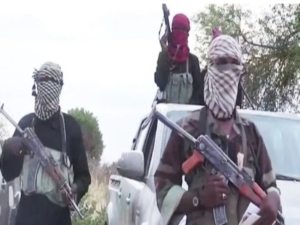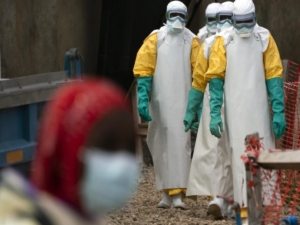The World Health Organization has officially stepped back from its highest-level alert on mpox in Africa, signaling that the crisis phase has eased though vigilance will continue.
Speaking to reporters on Friday, WHO Director-General Tedros Adhanom Ghebreyesus confirmed he had accepted the recommendation of an expert panel to lift the international health emergency. “Of course, lifting the emergency declaration does not mean the threat is over, nor that our response will stop,” he stressed.
The outbreak’s newest strain surfaced in early 2024 in Congo and nearby nations, spreading through close contact, including sexual transmission, and prompted a global health emergency in August last year. The designation unleashed resources, surveillance, and public-awareness drives worldwide.
READ ALSO: Congo suspects new Ebola outbreak after 15 reported deaths
Mpox, formerly known as monkeypox, is a rare viral illness related to smallpox. Symptoms range from fever, chills, and body aches to severe skin lesions across the face, chest, and genitals. Clade II sparked the 2022 crisis in dozens of countries, mainly among men who have sex with men, while clade I, deadlier and endemic in parts of Africa, has driven the current concern.
Tedros credited declining case numbers and stronger testing capacity.
Nigerian specialist Dr. Dimie Ogoina noted in an AP report that “many countries have improved their ability to diagnose,” curbing transmission even as isolated travel-related infections continue to appear.










